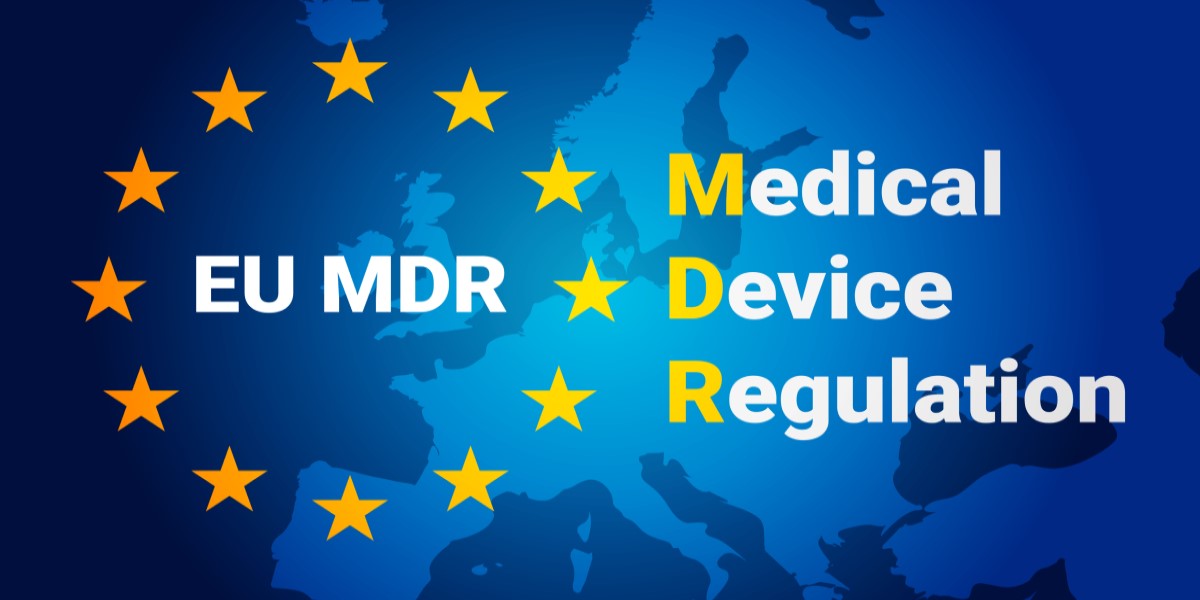When deciding to outsource your electronics manufacturing to an Electronics Manufacturing Services (EMS) provider, finding a partner that offers the full list of services you require is essential. After all, you are entrusting your new partner with the manufacture, supply chain and often packaging and shipping of your products to the end user.
Each Original Equipment Manufacturer will have their own set of criteria when it comes to selecting an appropriate EMS provider. But where does Design for Manufacture (DfM) support come into play? Is it a priority? Should it be? And what benefits does this service have to offer the OEM?
In this post we explore some of the benefits DfM offers OEMs and how this service can help realise elements of an outsourcing strategy.
Access to specialist knowledge
Designing a product so that it can be manufactured in an optimum way, ensuring quantity and quality are both achievable, is often honed after a number of trials. On paper the design may look good and the first prototypes you build might also work. If everything goes to plan these prototypes should have generated enough interest from the market for you to start moving towards full production. But producing a small number of prototypes and manufacturing a consistent quantity of units each month are two very different things.
This is where partnering with an EMS provider that offers DfM support can help.
Although they won’t have built your own product before, they should have experience in building a number of similar units in terms of complexity. This means they will have had to solve many technical challenges and build issues over the years. Having access to this specialist knowledge can offer many advantages to you. Not only should the quality of the product improve, the cost of manufacture over time should reduce as improvements to the process are continually implemented.
And as the saying goes, two heads are better than one. Working closely with an EMS company that provides DfM assistance allows your team to draw on their existing knowledge when designing the next set of products. This means that any design issues found previously, or that have been seen over the years by the EMS, can be removed from new designs before the prototype build stage.
Minimising production delays
Even with this insight and knowledge, unforeseen problems can still arise during production. This can be a particular issue when manufacturing complex electro-mechanical units that comprise of multiple drawn items. Each bespoke part will have its own tolerance and until you start fitting the material together it’s difficult to predict the extent of tolerance build-up prior to production.
Thankfully a robust New Production Introduction (NPI) process can help identify these in a timely manner, and more importantly, before volume manufacturing takes place.
If problems do arise during production as a result of design, the engineering team at the EMS provider will be on hand to help overcome them with you quickly and efficiently. Drawing on past experience, solutions may involve trialling a new build process, specifying a different type of material or investing in a unique jig or fixture to support manufacturing. With the influx of 3D printers to the market, a number of EMS providers now have these on-site, enabling them to create cost effective bespoke fixtures in a matter of hours. This is a benefit in itself as previously such jigs would have taken several weeks to design, order and have delivered by a third party.
Regardless of the issue, a thorough NPI process and DfM experience will help minimise production delays. Quite simply the quicker an issue is identified, the sooner a solution can be considered. And providing the OEM is prepared to work in partnership with the EMS provider, any costs associated with rework, new materials or bespoke fixtures should be kept to a minimum and captured during the NPI.
Specialist Reporting
When you entrust an EMS partner with the manufacture of your goods you will want to know which processes are in place to guarantee efficient production. Likewise, if something doesn’t go to plan, you will want to understand why and what solutions have been implemented to ensure it doesn’t happen again.
Working with an EMS partner that has a robust NPI process in place, and offers DfM support, allows you access to detailed reports direct from the engineer and production teams. These reports should highlight to you the build process in place for your product, any material- or design-related issues found during manufacturing and of course, the solutions they recommend are put in place.
Often these NPI reports act merely as a formal reminder as the best EMS companies will have communicated with you throughout the entire process. It is worth noting that these reports may include a number of actions, some of which will require your input before the next batch of units is run through production. Reviewing these reports and responding to them in a timely manner is therefore crucial in ensuring that further delays and cost are not introduced during the later volume builds.
So there you have it, at least three benefits of partnering with an EMS provider who has demonstrable experience in DfM. As we have already discussed, ensuring that your supply chain partner meets your criteria is key to ensuring the perfect partnership. Therefore, taking the time to delve into the range of services available can help take your relationship to a new level.
But remember, no two products are the same, nor are two outsourcing agreements, so give time and attention to finding the perfect assembly partner!
Image by Ethan Lofton


